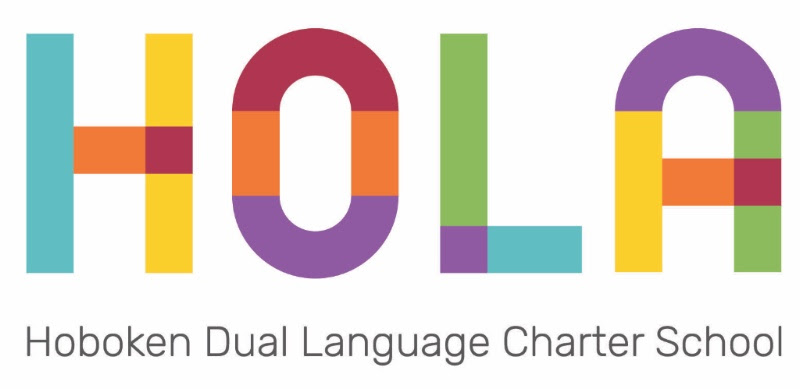Lakewood’s Superintendent Gives Up
March 12, 2012Quote of the Day: Lakewood Watch
March 14, 2012Curricular Inequities: Balanced Literacy vs. Core Knowledge
Here’s an interesting piece from the New York Times, which looks at the efficacy of two different early elementary reading programs. One, a “balanced literacy” approach, is widely used in New York City (and elsewhere): children are “encouraged to develop a love of reading by choosing books that are of interest to them. Teachers spend less time directing instruction, and more time overseeing students as they work together.”
The other program is a curriculum designed by (controversial) education historian E. D. Hirsch, based on his Core Knowledge Foundation. From the article:
Reading nonfiction writing is the key component of the Core Knowledge curriculum, which is based on the theory that children raised reading storybooks will lack the necessary background and vocabulary to understand history and science texts. While the curriculum allows children to read fiction, it also calls on them to knowledgeably discuss weather patterns, the solar system, and how ancient Egypt and Mesopotamia compare.
The study comparing outcomes based on standardized testing found that second-graders scored higher on reading comprehension tests than those instructed through the balanced literacy approach. The children also did better on science and social studies tests.
A principal of one of the schools in the study, which enrolls mostly economically-disadvantaged children, said that students who “are coming into school having been read to every single day” did just fine with the balanced literacy approach. But “for my children, who are economically disadvantaged, they needed something more, and the Core Knowledge pilot had it.”
We know that poor children need different services (longer school days, wrap-around services) than more affluent kids. Do they also need a different curriculum? What’s the long-term impact of inculcating basic knowledge instead fostering a “love of reading?”
In NJ we differentiate some of our poorest districts through school funding law, which attempts to compensate for family impoverishment through mandated preschools and higher costs per pupil. Do our poor kids need a different curricula in addition to the fiscal differentiation?
Seems like a slippery slope, which we’re already on. Our wealthier schools offer far more alternatives to the “three R’s” through full-scale music and art programs, more after-school clubs, many more opportunities for A.P. courses. Example: Montgomery High School in Somerset County is categorized by the DOE as a “J” District Factor Group (DFG), the wealthiest designation on a scale from “A” to “J.” Its student handbook describes co-curricular activities ranging from a Classical League to Photography Club to Robotics to Science Olympiad to the Arthur Conan Doyle Club. There are four student bands and a fencing and ice hockey team. It probably doesn’t hurt that it charges an activity fee for students who want to participate. Montgomery High offers 27 A.P. courses.
Also in Somerset County is Bound Brook High School, listed as a “CD” DFG. The students who go there have access to far fewer co-curricular options. It doesn’t charge an activity fee so there’s less cash available for advisors, materials, travel. Four A.P. courses are offered.
Poor kids tend to need more concentrated basic instructional services and support than wealthy children, so there’s a logic to curricula like the E.D. Hirsch one described in the NY Times article. But do we further imbed inequities by exposing one set of children to a program intended to compensate for lack of exposure to cultural and historical information while exposing a richer cohort to a different program, one intended to foster not mastery of facts but a love of learning?
Life isn’t fair. I get that. Still, it’s a slippery slope.





1 Comment
Now, if you are anything like me and the thousands of
other ADD drummers in the world, you probably have a
tough time focusing for an extended period of time.
The solution to this is to break up your practices into
different blocks. This way your drum lessons never get
repetitive.
somerset drum lessons
wells drum lessons
street drum lessons